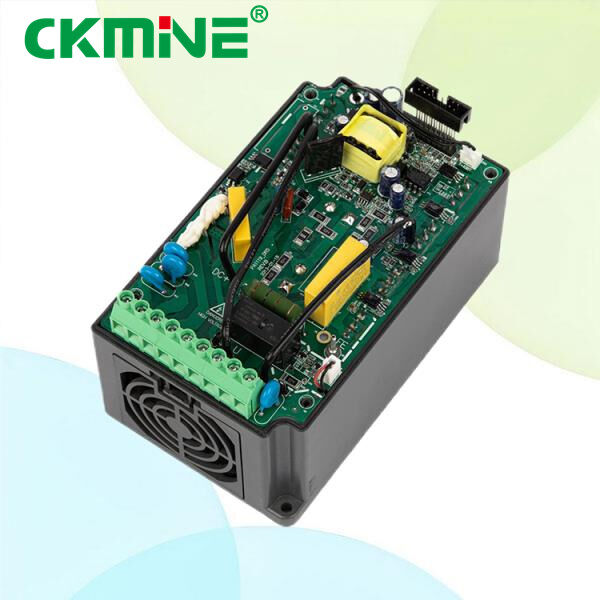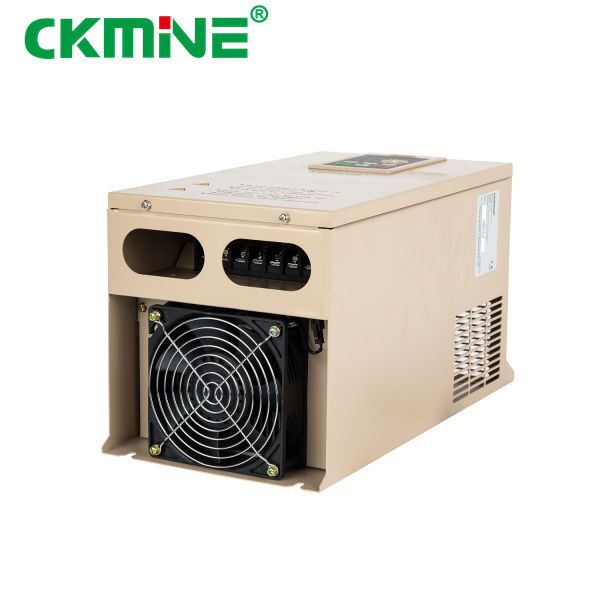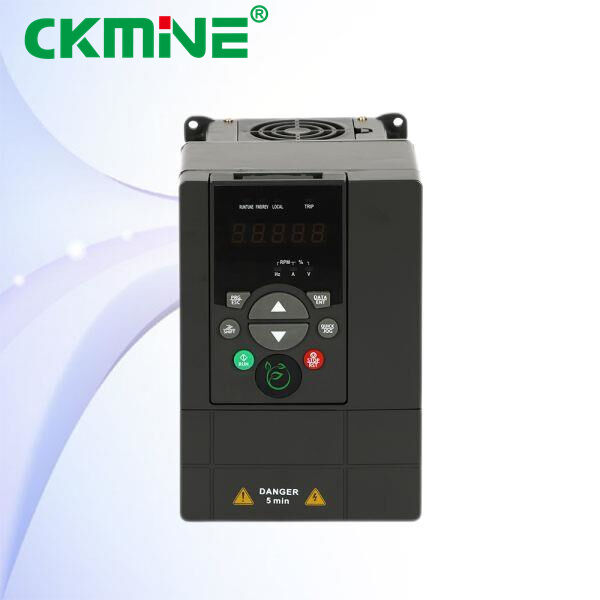An inverter low frequency is a converter gadget that changes direct current (DC) into alternating current (AC). Such inverter is very common in homes and industry use for lighting, refrigeration, air condition, conveyor systems etc. Low frequency inverters are not the same as high frequency inverters as their output frequency is lower, and this could possibly suit certain applications better.
Summary There are numerous advantages of low frequency inverter in house and industrial appliance. To start, one major perk is that they can act as a consistent, consistent source of power. This means your appliances or equipment will operate more efficiently and have a longer life. Low frequency inverters can handle high power loads weell, just good choice for high power appliances or construction tools. Besides, these inverters are robust and weather-resistant, and great for industrial use.

When shopping for a low frequency inverter, there are a couple of things that you should take into consideration to make sure that you pick the best one for your needs. One of the first decisions to make is to figure out what the power requirement of the appliances or machinery that you will be running through the inverter will be, and then double that number to ensure that there is enough power. Also, take the input voltage and frequency, as well as the inverter's efficiency and reliability into account. Finally, you’ll want to keep the physical size and weight of the inverter in mind to ensure it will fit in the space you have.

They are often used in renewable energy systems to make DC power from solar panels or wind mills into AC power used to carry electrical loads for houses or businesses. This type of inverters have an important share to solve renewable sources practicality and viability. They play an important role in providing power when the sun isn’t shining or the wind isn’t blowing. Low frequency inverters for effective and efficient operation of renewable energy systems.

Regular maintenance is necessary for your low frequency inverter to work well. These involve inspecting all possible loose connections, cleaning the inverter and having it in a cool and dry place. Power issues and whirring sounds If you are having any issues with your inverter, such as power loss or unusual sounds, you must address the issue promptly. This could mean looking at the wires, fuses, or other aspects in order to locate and repair the problem. If you are not able to solve your inverter’s issue yourself, you should have a professional take a look at it.